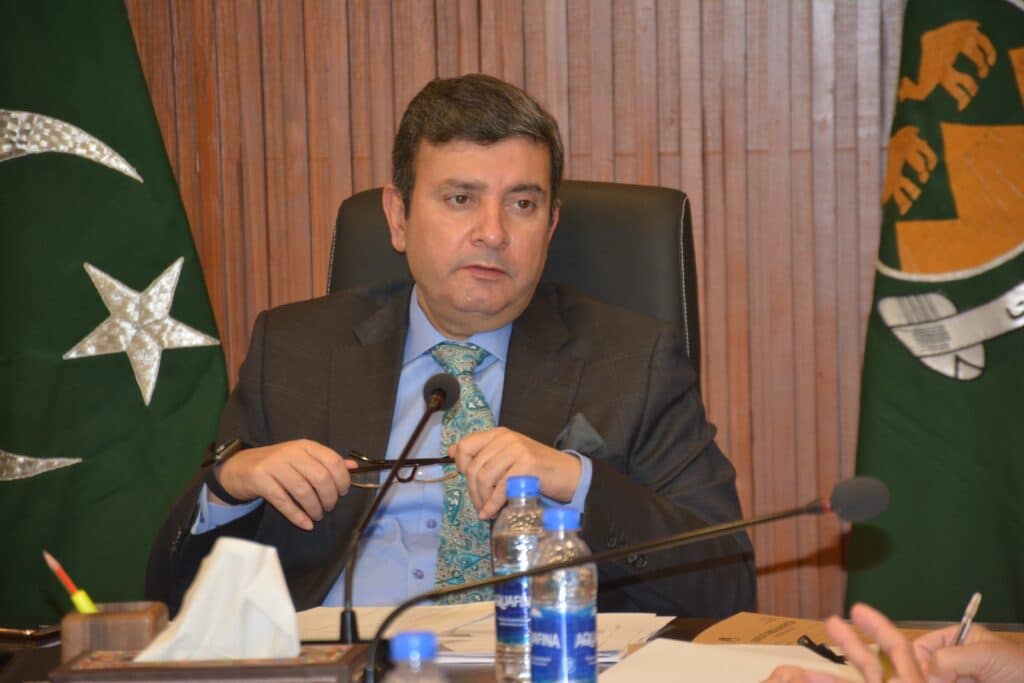QUETTA: Balochistan Chief Secretary Shakeel Qadir Khan held a high-level meeting on the repatriation of illegal immigrants and Afghan Citizen Card (ACC) holders. The session which was aimed to assess the progress made so far by the provincial government in order to ensure the safe and dignified return of undocumented foreigners and ACC holders.
In this regard, Additional Chief Secretary (Home) Zahid Saleem briefed the meeting, mentioning the steps so far to facilitate the repatriation process. He outlined current statistics and operational challenges while focusing the importance of a coordinated approach between provincial and district administrations.
Furthermore, the Chief Secretary reasserted the government’s commitment to a humane and respectful process for all foreign nationals, particularly Afghan citizens residing illegally or under expired documentation.
In addition, Shakeel Qadir Khan instructed the administration to accelerate the process of identifying and facilitating the departure of undocumented individuals.
He further directed all deputy commissioners and relevant agencies to fulfill their responsibilities in ensuring smooth and orderly implementation of the policy.
Moreover, Khan also announced that measures would be taken to simplify procedures and remove bureaucratic hurdles, making the repatriation process more efficient and transparent. “Efforts will be made to make the process easier and more streamlined,” he added.
Deputy commissioners from various districts also presented detailed briefings during the session, sharing local-level updates and identifying challenges faced in their respective areas concerning the return of immigrants.
Also Read: Governor Balochistan urges reform in higher education to fix systemic failures
The meeting concluded with a renewed resolve to ensure that the repatriation process remains orderly, respectful, and in accordance with both national law and international humanitarian standards.





